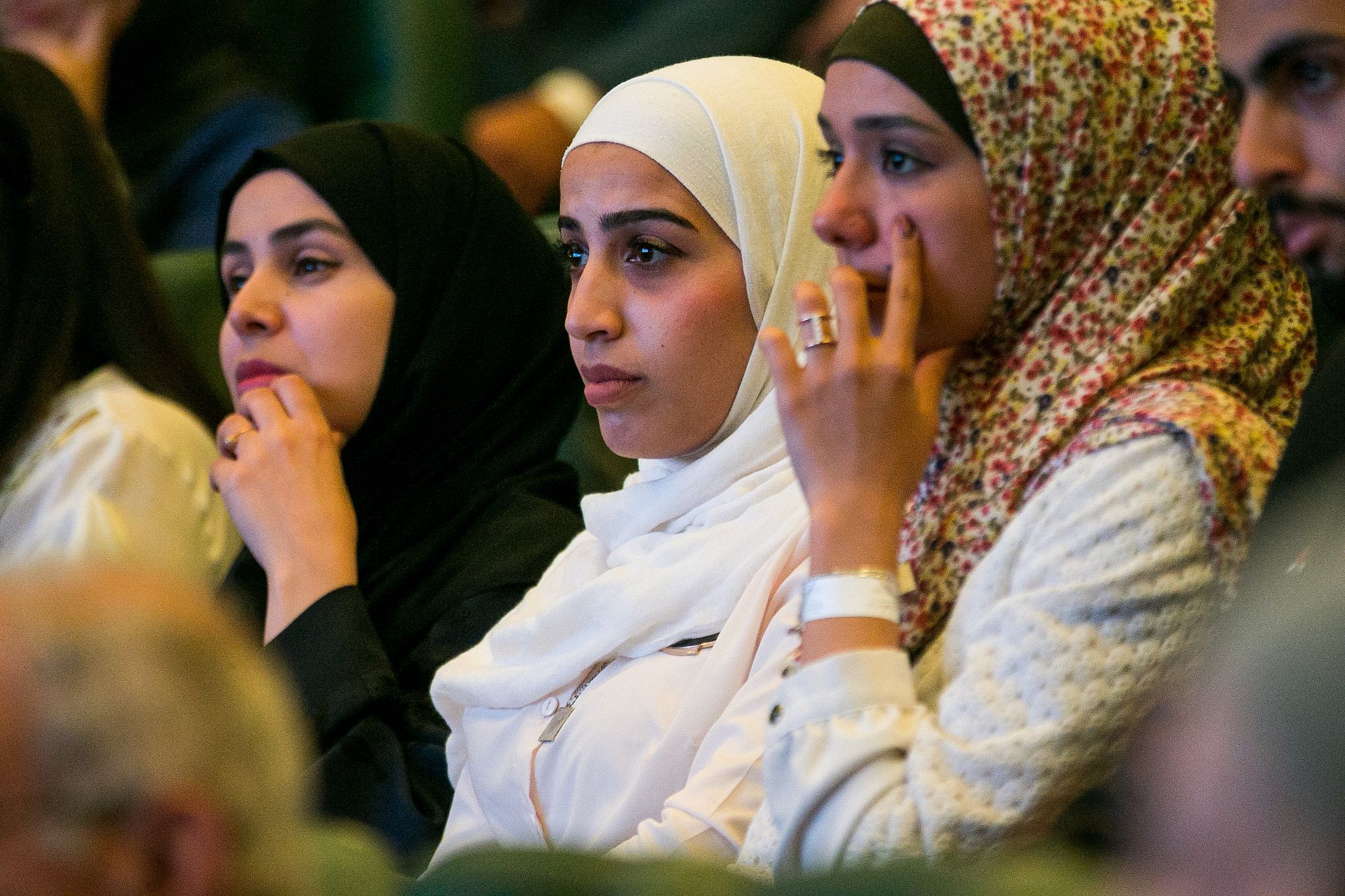Increasing competitiveness in the Arab World

The Middle East and North Africa (Mena) region has the highest unemployment and youth unemployment rate in the world at 10 per cent and 27 per cent respectively, as well as the lowest female participation rate at 21 per cent. These rather sobering facts were identified in the Arab Competitiveness Report 2018, published by the World Economic Forum.
Speaking to the region’s top 100 entrepreneurs, the study highlights the pitfalls of doing business in the region and the challenges and opportunities facing the private sector.
Wamda’s Walid Faza spoke to Ali AbuKumail, senior private sector specialist at the World Bank and one of the lead researchers of the report, about the ease of doing business in the region, particularly in Jordan, and how governments can foster a better environment for entrepreneurship.
Below is a summary of their conversation, if you’d like to listen to the full podcast, it is available here.
There are certain traits that make for a good entrepreneur. The stereotypical graduate, fresh out of university with a thirst for disruption is more a myth than a reality these days.
Experience is crucial to building a successful business, the top 100 entrepreneurs interviewed for the report all had at least seven to 10 years of experience working for corporations and were aged between 30-40 years old.
While some may be tempted to cite Mark Zuckerberg or Bill Gates as examples of university drop-outs who made it, both only started to make money at a later stage in life.
“Yes they started earlier, but the real money making comes at a stage when you’re really mature,” says AbuKumail. “You need to have the right technical rigour so that you can to get into business, so that you know the ins and outs of it. You’re experienced enough, but yet young enough to take it onto the next step.”
This seminal point of experience and maturity is required for entrepreneurs all over the world, but perhaps more pressingly in the Middle East, it is the infrastructure and ecosystem overall that determine whether a business can succeed. This is where policymakers play a crucial role.
“Policymakers have to look at the comprehensive picture of ecosystem development and the journey of entrepreneurs from the minute they are individuals who aspire to start a business, up to the point they exit their business,” says AbuKumail. “Give the leadership to the entrepreneurship ecosystem to form itself and instead of putting the parameters of ‘this is how it should be’, let it flow and grow organically and at the same time, build on that momentum to give them the support they require.”
Governments in the region are becoming more receptive to opening this kind dialogue after a fair bit of scepticism. The large exits of Maktoob in 2009 and then Talabat in 2015 and finally Souq.com in 2017 have helped shift attitudes towards entrepreneurship for the better, particularly where job creation is involved.
Souq.com, which was acquired by Amazon grew from a 350-person company to 500 and with its plans to build a back-end office in Jordan, it’s likely to become a 2000-person company in a couple of years according to AbuKumail.
“So there is an impact for such work, now is the right time for our governments to say this is rewarding, how can we capitalise on this momentum and move forward?” says AbuKumail. “Many countries have done it, it’s all about setting the strategy of what do we want to do here.”
Ireland is an example of a country that successfully attracted sophisticated foreign direct investment (FDI) and developed its technology ecosystem as a result. Offering a favourable tax environment, Ireland managed to secure the European headquarters of the likes of Apple, Facebook and Google.
“They said we want to get FDIs that are sophisticated, make sure our youth are part of the labour force of these companies, they will learn over time and then many of them have spun off, they either work as suppliers for these big companies or they started their own businesses and worked on something similar,” says AbuKumail.
With the exception of Saudi Arabia and Egypt, the individual markets in the Middle East are very small and so developing a regional ecosystem would be a more viable option.
“It’s important for policymakers to understand that entrepreneurship in Mena cannot be bound by one country’s geography, it has to extend beyond that,” says AbuKumail.
The mechanisms for this are already in place, start ups across the region tend to turn to Dubai for investment, a recent report from Wamda found that 84 per cent of the investments in 2017 were made in the UAE but less than 5 per cent of those investments were in companies that originated in the UAE.
“That is something you should be happy to support and could make a big difference to your growth…when we asked those top entrepreneurs what would be the important next step, many of them said access to markets,” AbuKumail.
This access can only come when governments across the region establish better collaboration and ease of doing business on an institutional level, that way the ecosystem can become fertile enough for innovation and growth.
For its part, the World Bank is launching a $100 million Innovative Startups and SMEs Fund (ISSF) in Jordan in partnership with the Central Bank to support entrepreneurship in the country.
“We believe that Jordan has the biggest asset of human capital, and entrepreneurship is a big driver of the economy moving forward…so we have to engage the unprivileged communities,” says AbuKumail. “There are a lot of things to do in terms of ecosystem development, in some cases it’s around building up the angel network so that individuals can invest within networks, in business as well as working on developing some acceleration programmes in partnership with large corporations.”


